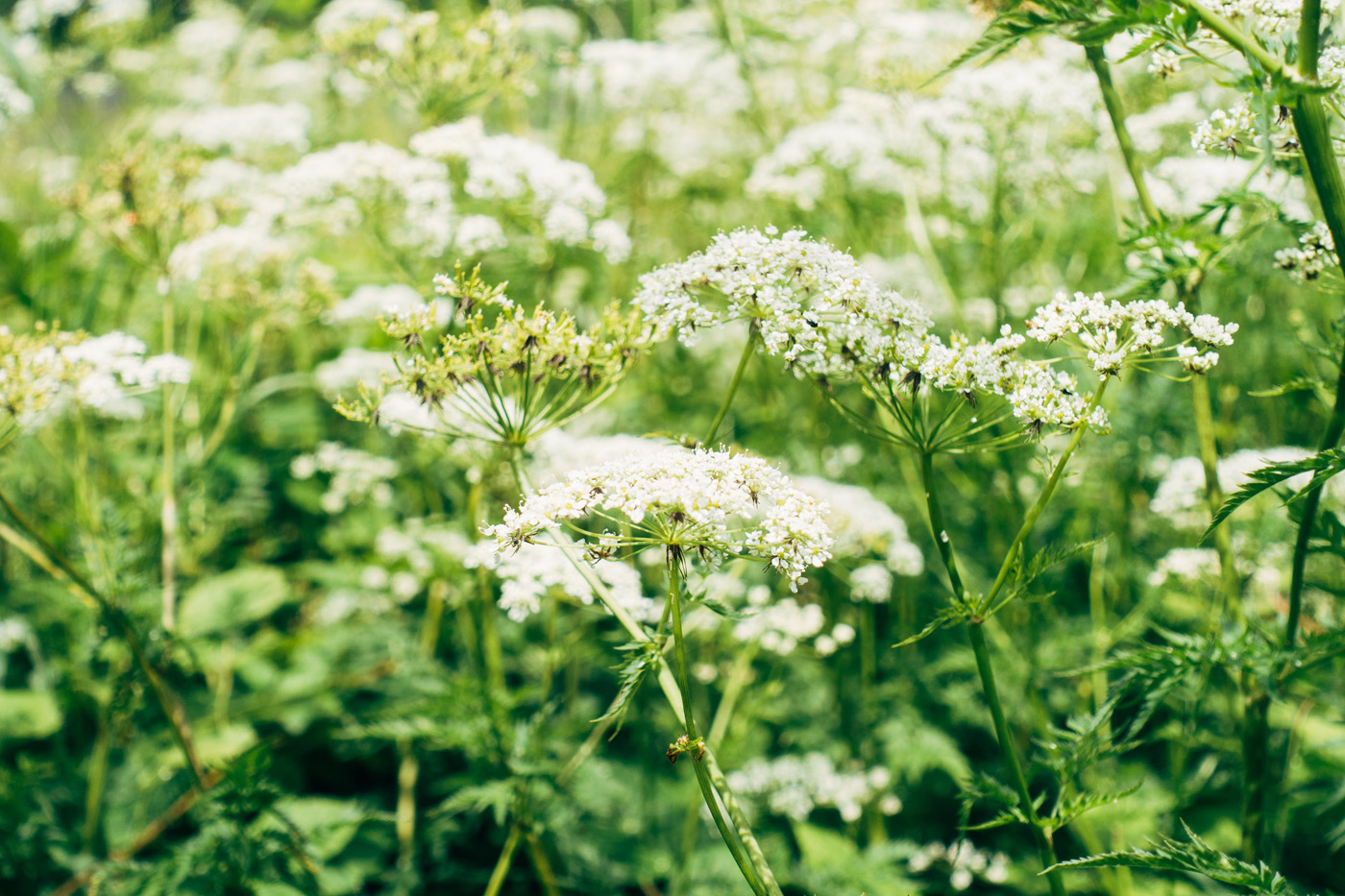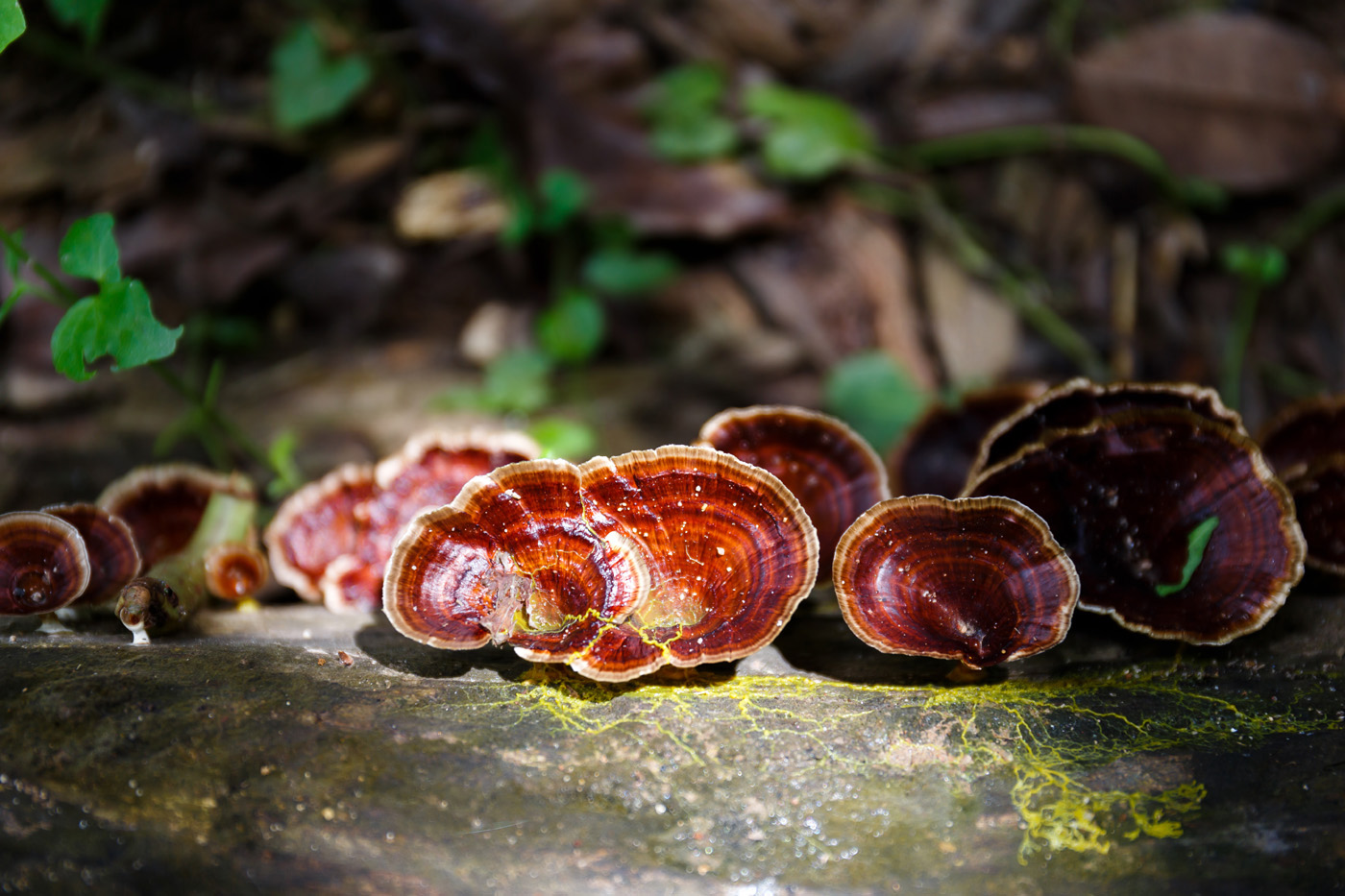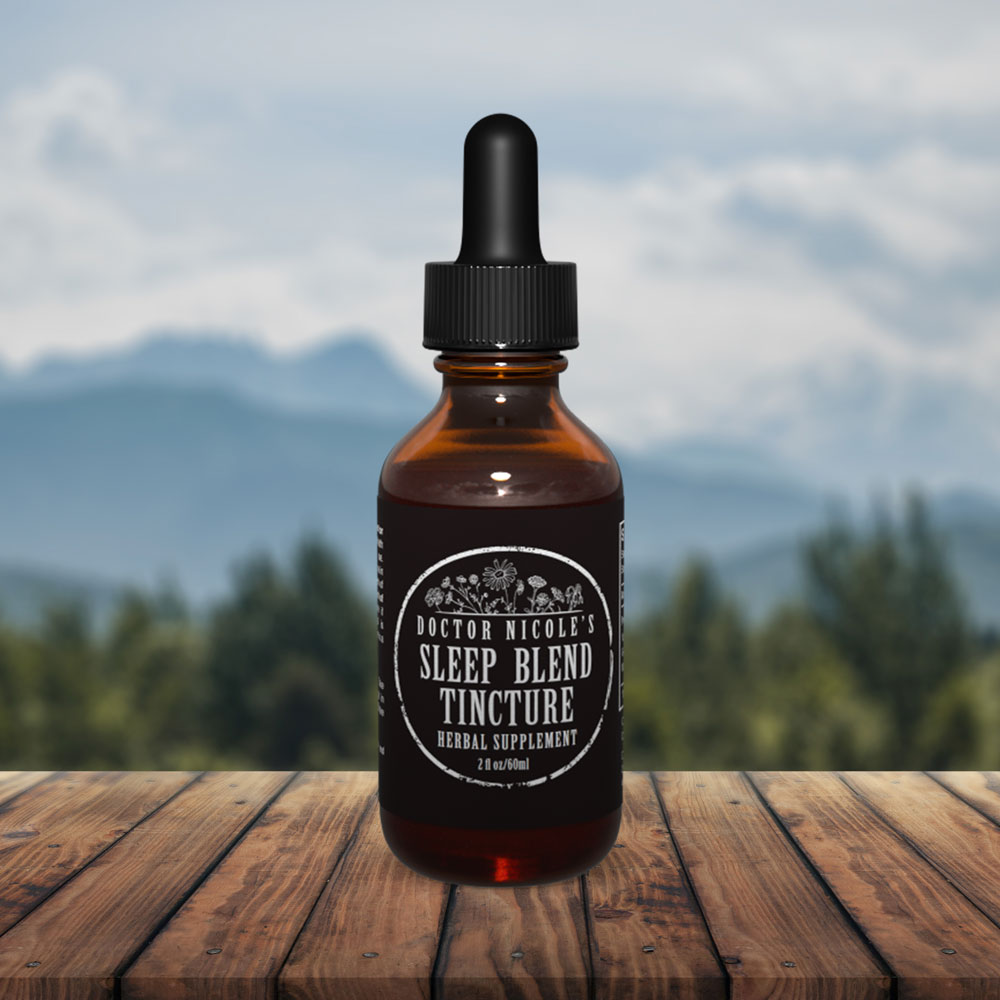Painful and Disruptive Hormonal Conditions
Currently millions of women are diagnosed each year with hormonal disorders such as endometriosis, PCOS or uterine fibroids — and many are seeking safe and natural solutions for their oftentimes painful symptoms. If you find yourself suffering from discomfort involving your reproductive system, you want relief — and quickly! Below we will have a look at these three different conditions and how to address each with a dietary shift and medicinal herbs.
Endometriosis
With over 176 million women worldwide diagnosed with endometriosis, it is one of the most common health issues and the leading cause of infertility. A non-cancerous condition where endometrial cells grow outside the uterus, symptoms include pain with urination and bowel movements and pelvic pain. Discomfort tends to increase during menstruation and intercourse. It can also cause fatigue, heavy periods, breakthrough bleeding, diarrhea, bloating, IBS, constipation, and low back pain. If left untreated, it can lead to infertility. It is considered an inflammatory condition connected with hormonal imbalance, blood sugar issues, bacteria and/or environmental toxins. While there is not a cure for endometriosis, symptoms can be managed through dietary changes and medicinal herbs.
Diet
If you are suffering from endometriosis, certain foods can aggravate the condition. Triggers include a diet high in trans fat1, red meat consumption2, gluten3, and FODMAP foods4. Processed sugar and high-estrogen foods like soy are also problematic. Trans fat is largely found in processed, fried, and fast foods. Women with both irritable bowel syndrome and endometriosis have found relief when subscribing to a low-FODMAP diet. Overall, reducing or eliminating alcohol, dairy, and caffeine can help to reduce painful symptoms.
On the flip side, foods high in fiber, iron, and essential fatty acids can be helpful. Focus on an organic whole-food, anti-inflammatory diet of fruits, vegetables, legumes, salmon, sardines, walnuts, chia, and flaxseed. Leafy greens such as spinach, kale, Swiss chard, and wild greens are particularly good choices, as are berries and citrus fruit. Don’t forget about garlic and leeks.

Endometriosis Herbal Support
Evening primrose can help to balance hormones and reduce the severity of endometriosis since the condition is linked with estrogen dominance. Anti-inflammatory herbs such as curcumin and reishi, turkey tail, and cordyceps medicinal mushrooms are helpful as well. Curcumin has the added advantage of reducing estrogen production.6 A study published in the Journal of Ovarian Research found that pro-inflammatory cytokines are involved in the development of endometriosis.5
Yarrow is another excellent herb as it tones the uterus, promotes circulation while also reducing excessive bleeding. It assists in alleviating the pelvic congestion of endometriosis, PCOS, and fibroids. See more on this below. What’s more, it aids in liver detoxification.
Some researchers believe that endometriosis is caused by an overabundance of gram-negative bacteria and a bacterial toxin called lipopolysaccharide (LPS) in their pelvic region which triggers inflammation.7 Berberine, a compound found in Oregon grape root and goldenseal, has been found to neutralize LPS. It also heals leaky gut and stabilizes blood sugar.
Polycystic Ovarian Syndrome (PCOS)
The symptoms of PCOS and endometriosis often overlap, although it is important to distinguish between the two so that you can treat each specifically. While endometriosis is influenced by hormones, it is not completely driven by them as you find with PCOS. With this condition, the defining characteristics are insulin resistance, an excess of androgenic (male) hormones, and inflammation. Symptoms include mood swings, insomnia, irregular periods, weight gain, hair thinning on the head, acne, issues with getting pregnant, and abnormal hair growth (usually on the face). Those with PCOS generally have irregular or missed periods and a failure to ovulate.
Diet
As with endometriosis, an organic whole-food, anti-inflammatory diet as detailed above is best for addressing the symptoms of PCOS. Avoid processed and fast food — including alcohol and refined sugar.

PCOS Herbal Support
Botanicals that help to balance hormones and support liver health are crucial for reducing PCOS symptoms. These include reishi, yarrow, black cohosh, homeopathic ash leaf extract, unicorn root, and sweet marjoram. Reishi mushroom in particular is highly effective as it supports liver regeneration, detoxification, and hormonal balance. Crucially, it is anti-androgenic. It’s important to only use a dual-extracted mushroom tincture for best results — like the one found in my apothecary.
Uterine Fibroids
Non-cancerous tumors that grow in the uterine wall, uterine fibroids range in size from as small as a bean to as large as a grapefruit. They can cause pain and menstrual changes or no symptoms at all.
Diet
Once again, an organic whole-food, anti-inflammatory diet is your best bet for preventing and managing uterine fibroids. Steer clear of processed and fast food, refined sugar, caffeine, and alcohol.
Uterine Fibroids Herbal Support
Medicinal herbs that assist with uterine fibroids include: yarrow, vitex, milk thistle, reishi mushroom, and homeopathic ash leaf extract.
Additional Natural Remedies for Hormonal Health
Interested in learning more about herbal solutions for the symptoms of endometriosis, PCOS, and uterine fibroids? Visit the apothecary today and have a look at my Reishi Mushroom, Anxiety & Stress, Sleep Blend, and Yarrow tinctures.
Nicole Apelian
References
- Stacey A. Missmer, Jorge E. Chavarro, Susan Malspeis, Elizabeth R. Bertone-Johnson, Mark D. Hornstein, Donna Spiegelman, Robert L. Barbieri, Walter C. Willett, Susan E. Hankinson, A prospective study of dietary fat consumption and endometriosis risk, Human Reproduction, Volume 25, Issue 6, 1 June 2010, Pages 1528–1535, https://doi.org/10.1093/humrep/deq044. https://academic.oup.com/humrep/article/25/6/1528/2915756
- Jurkiewicz-Przondziono, J., Lemm, M., Kwiatkowska-Pamuła, A., Ziółko, E., & Wójtowicz, M. K. (2017). Influence of diet on the risk of developing endometriosis. Ginekologia polska, 88(2), 96–102. https://doi.org/10.5603/GP.a2017.0017. https://pubmed.ncbi.nlm.nih.gov/28326519/
- Marziali, M., Venza, M., Lazzaro, S., Lazzaro, A., Micossi, C., & Stolfi, V. M. (2012). Gluten-free diet: a new strategy for management of painful endometriosis related symptoms?. Minerva chirurgica, 67(6), 499–504. https://pubmed.ncbi.nlm.nih.gov/23334113/
- Moore, J. S., Gibson, P. R., Perry, R. E., & Burgell, R. E. (2017). Endometriosis in patients with irritable bowel syndrome: Specific symptomatic and demographic profile, and response to the low FODMAP diet. The Australian & New Zealand journal of obstetrics & gynaecology, 57(2), 201–205. https://doi.org/10.1111/ajo.12594. https://pubmed.ncbi.nlm.nih.gov/28303579/
- Keita, M., Bessette, P., Pelmus, M., Ainmelk, Y., & Aris, A. (2010). Expression of interleukin-1 (IL-1) ligands system in the most common endometriosis-associated ovarian cancer subtypes. Journal of ovarian research, 3, 3. https://doi.org/10.1186/1757-2215-3-3. https://www.ncbi.nlm.nih.gov/pmc/articles/PMC2832771/





